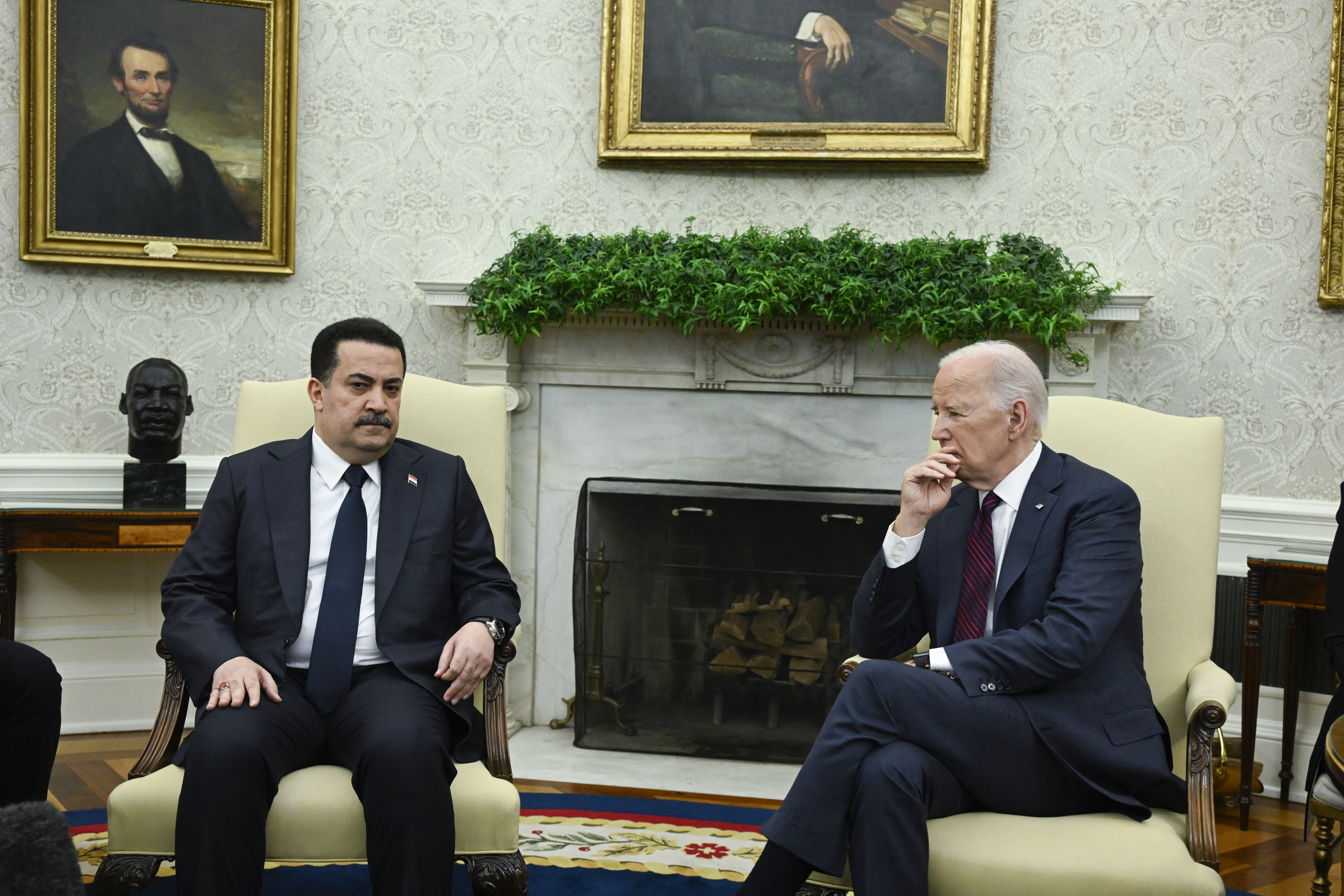Denied Iraqi citizenship, graduates from Rojava miss out on jobs

ERBIL, Kurdistan Region – Kurds from Syria completing their studies in the Kurdistan Region of Iraq are missing out on job opportunities because they have been denied Iraqi citizenship.
Thousands of Kurds from northern Syria – also known as western Kurdistan or Rojava – fled to the Kurdistan Region of Iraq to escape civil war, conscription, or feared Turkish attack.
Although the Kurdistan Regional Government (KRG) has allowed them to enroll their children in schools and universities, many Rojava Kurds are denied the right to work in their chosen field because Baghdad has not granted them Iraqi citizenship.
“In general, there are 600 students from western Kurdistan [Rojava] who study at Kurdistan Region universities – 300 of them study in Erbil, 150 in Duhok and Sulaimani,” Ahmad Mohammed Amin, head of Rojava student union, told Rudaw.
“There are no accurate statistics on the number of basic or high school students though as they study in camps and outside camps.”
Although Rojava Kurds study the same courses as their local counterparts, they do not share equal access to employment.
“There are some job opportunities available for them in the private sector. [But] currently, we have citizenship problems,” Amin said.
“Graduates from Rojava are not given job opportunities by international organizations and oil companies because one condition for being given a chance to work for these corporations is to have Iraqi citizenship,” he added.
The challenges faced by Syrian refugees hoping to integrate into the Region’s communities were examined in a report, ‘Far from home: Future prospects for Syrian refugees in Iraq’, published in January.
The report found Syrian refugees living in Erbil, Duhok, and Qaim in Anbar have ongoing difficulties accessing income-generating opportunities and documentation. This harms their ability to travel, find work, establish businesses, buy or rent property, access justice and services, and integrate economically.
Without the option of becoming full Iraqi citizens, many avenues for integration are closed to Syrian refugees.
“As there is currently no legal pathway offered to Syrian refugees to obtain Iraqi citizenship; legal restrictions remain a significant barrier to full integration,” the report states.
“Syrian refugees reported experiencing fewer rights compared to Iraqis, such as in freedom of movement from the KRI to the rest of Iraq, and facing restrictions in their ability to start businesses or own property,” it added.
Compiled jointly by the Durable Solutions Platform, the Danish Refugee Council (DRC), the Norwegian Refugee Council, IMPACT Initiatives, the European Regional Development and Protection Programme (RDPP), and International Crisis Group, the report called on Iraqi and local authorities to assist refugees with documentation.
Half of Syria’s pre-war population has been displaced by the conflict, contributing to the biggest refugee crisis since the Second World War.
The majority of Syrians who fled east to Iraq – 251,793 of them as of October 2018, according to UNHCR figures – ended up in camps and communities across the Kurdistan Region.
Owing to the lack of security, services, and economic opportunities is Syria, the majority of Syrian refugees in Iraq and the Kurdistan Region are keen to stay put in the short term.

